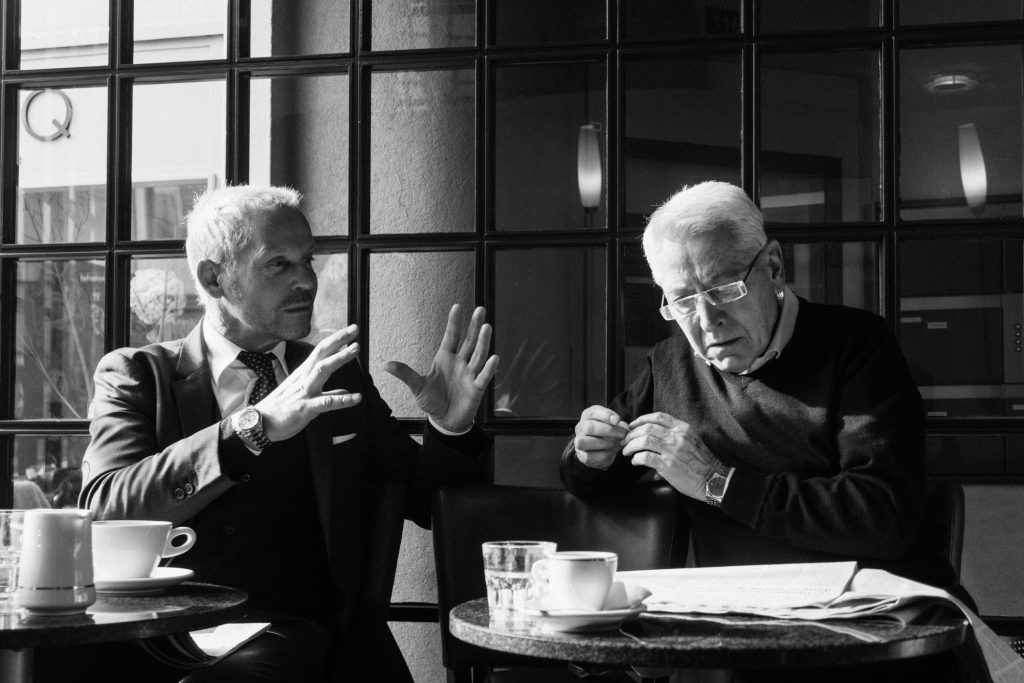
To be accepted at USC in order to work on my doctorate, I had to take two exams, the GRE (the Graduate Record Exam) and Comprehensive Exams ( exams over four core classes within my doctoral field of study). This had to take place before I could be accepted as a doctoral student.
Oh, yes, I also had to have a Master’s degree from an accredited university to even take the above exams.
It was hard.
And long.
And that was just to be admitted. Six years of graduate work after a bachelor’s degree.
Why? What benefit did I derive? What benefit did my family derive?
Maybe a couple of superficial benefits. I could use the title “dr.” I could put the name of the university I attended on my resume.
Those benefits have faded for me over the years. Like most everything else in my life, they become less meaningful.
What has stuck with me, however, is a passion for rational thinking.
I’m not talking about doing scientific research. Those valuable activities validate whether or not my rational thinking was or is on the right track.
As a lover of rational thinking, in conversation with others, I don’t like over-talking them. I’m not interested with impressing people with my thinking or “take on things.”
To the contrary, I have to find out their thinking on a subject before I will engage. That way, I can sense whether or not a person’s thinking is reasonable or violating simple rules of logic.
After that, I will attempt to respond in some reasonable way. If the other person doesn’t care and repeats themselves, I will politely (hopefully) finish the conversation and go on. However, if they are engaging in thoughtful ways, I will engage them for hours.
Thinking is hard. Good thinking is even harder. My graduate studies helped me realize that. The more I try to think well, the less I say. I don’t say a lot these days. I’m simply trying to determine what reasonable thing might be uttered.
My mother and father would be flabbergasted to see me today.